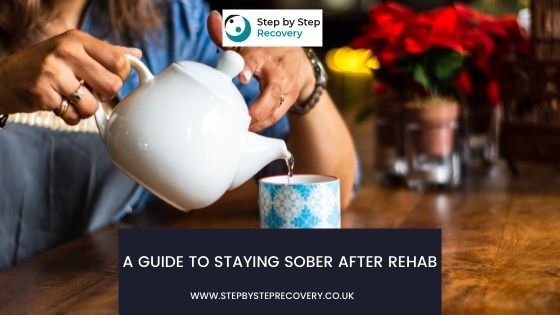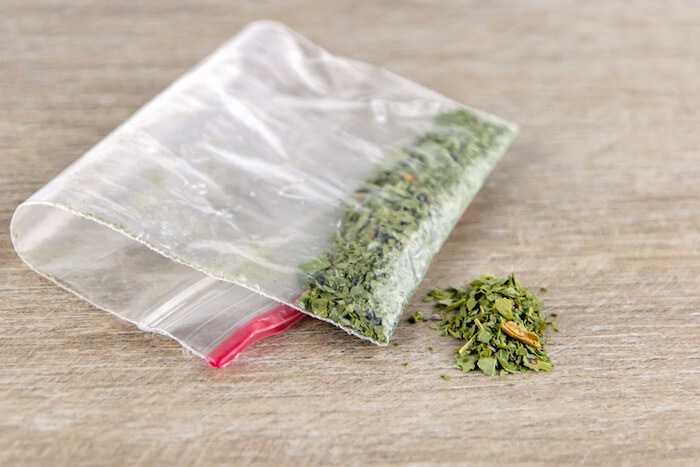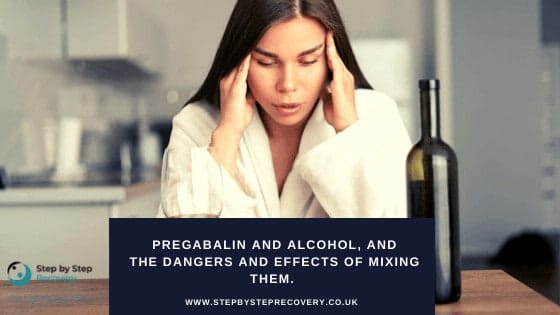Updated June 2023
You may find yourself feeling sad about the prospect of never drinking alcohol again, and even though you want to stay sober, actively finding ways to enjoy a sober life may feel daunting. This is especially likely if you have recently been in residential rehab for addiction treatment, as alcohol rehab can begin to feel like a safety bubble.
At alcohol rehab centres, you’re surrounded by positive attitudes and people on the same journey to recovery from alcohol addiction. However, staying sober on your own may feel like a scary prospect. If you have not received alcohol addiction treatment, attempting to stop drinking alcohol without support is going to make your journey to sobriety a lot harder.
Everyone is entitled to free addiction treatment, and you can book an appointment with your general practitioner, who can talk to you about your issues. They may provide you with therapy at the practice or recommend you to a local drug treatment facility. However, if you don’t feel confident talking to, or are not registered with a GP, go to the FRANK website to find an addiction treatment service near you. If you experience difficulty at any time, call the FRANK drugs hotline at 0300 123 6600. They will explain all the options open to you.
Whatever stage you are in your recovery journey, when you stop drinking alcohol, feeling concerned about how to stay sober is a normal part of the process. To help you deal with these emotions, we’ve put together a few tips that have helped our clients stay sober.
1. Have a Stay Sober Schedule

When your mind is unoccupied, staying sober may feel challenging. This is why having a daily schedule and a weekly plan is important. When you plan your activities, you don’t have to think about how to fill your time. Creating a schedule is a great way to remain occupied and help your mind adjust to making choices.
All of your day’s activities should be planned in your routine, and it’s important to set times for your activities and stick to the same schedule every day, even on weekends.
Important things to do at the same time every day (even at weekends) are:
- Get up and make your bed.
- Wash your face (or shower) and brush your teeth.
- Get dressed
- Eat breakfast, lunch and dinner.
- Call a friend, family member or mentor.
- Activities at set times throughout the day, such as cooking in the morning, reading, gardening or going for a walk in the afternoon and yoga, painting or creative writing in the evening
- Have a shower or bath.
- Go to bed.
Several ways you can make it easier to stick with a daily routine and stay on track with a sober life include the following:
- Before you go to bed, ensure your kitchen is clean and set out your breakfast, ready for when you get up.
- Choose clothes for the next day, the night before, and ensure they are clean and suitable for your planned activities.
- Pre-make food or buy some ready meals so you always have something prepared for breakfast, lunch or dinner.
- Have a choice of healthy snacks in your bag to eat if you’re out and about.
- Carry a bottle of water with you and sip it throughout the day.
- Make sure you have what you need for any planned activities, such as putting all your cooking ingredients together, getting your paints out, or putting your trainers or wellingtons by your door.
Remember, you mustn’t go overboard; and finding the right balance may take a few days.
2. Self-Care and Staying Sober
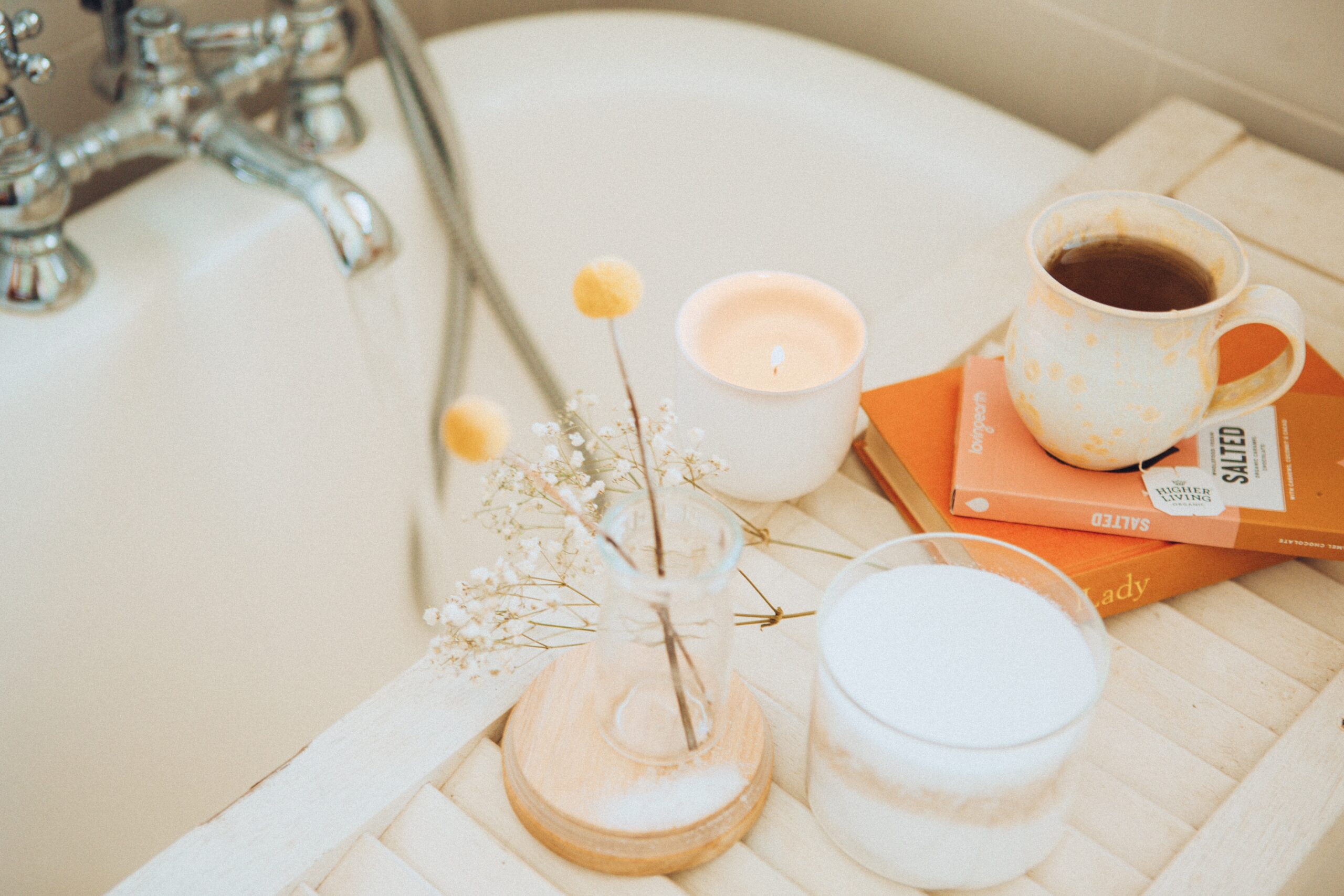
Practising self-care is incredibly important for recovery and one of the best things you can do for your health and wellness. Recovering from alcohol addiction comes with mental health challenges, and staying sober and coping with your emotions can feel scary.
While recovering, one of the best things you can do for your mental health is to practise self-care. Definitions of what self-care entails will depend on your needs. The key is to make time to do something you enjoy and find what works for you. Staying sober means listening to how you feel. Creating a consistent sleep schedule, exercising regularly, eating healthy food and keeping yourself clean and healthy are all elements of self-care.
Self-care also means finding ways to bring moments of happiness and enjoyment into your life. This could be by having a cup of tea in the garden and watching the sunset, soaking in a bubble bath with candles, or simply sitting and listening to your favourite music.
3. Addiction Counselling and Therapy
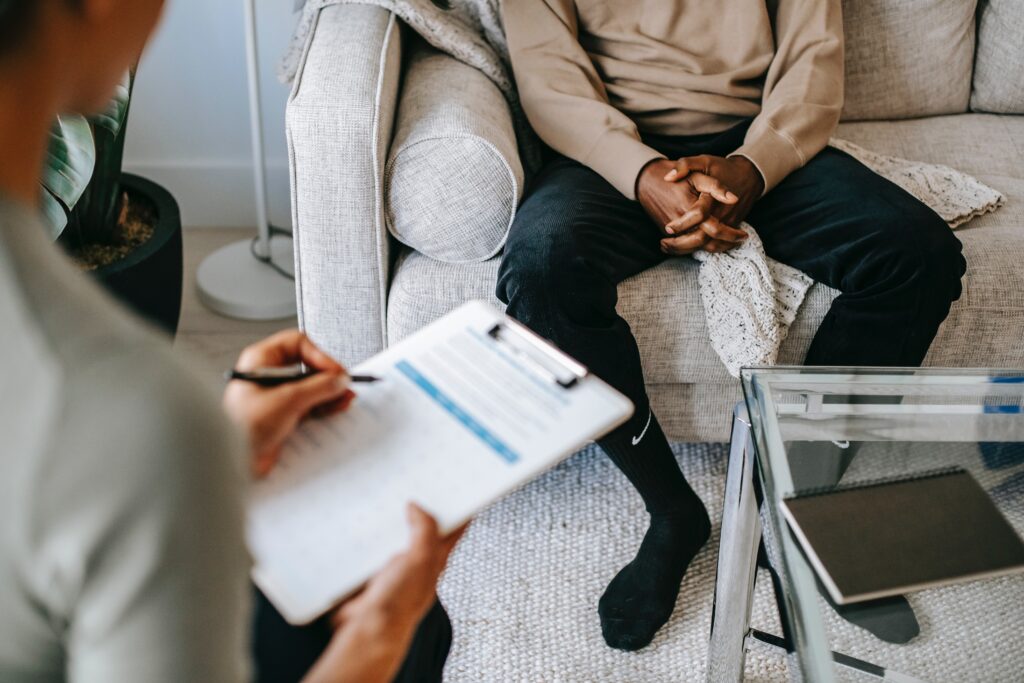
If you have not gone through substance abuse treatment, you may be trying to give up alcohol alone, which will only serve to make your quest to abstinence more difficult.
Anybody has a right to free treatment for alcohol addiction, so you may schedule a consultation with your GP to discuss your concerns. Doctors can arrange addiction counselling or therapy or refer you to a nearby drug treatment service. If you aren’t at ease speaking to a GP or aren’t registered with one, call the Frank hotline on 0300123 660 or visit the FRANK website for assistance locating an addiction treatment service near you.
If you have already had weeks of intensive therapy with an outpatient addiction counsellor or received treatment in residential rehab, you may think you don’t need more. However, ensuring you have an addiction counsellor or therapist to help you live a sober life in recovery can be extremely beneficial. You may not need therapy forever, but it is an excellent way to ensure you have access to extra support. During recovery, if you experience alcohol cravings or find yourself struggling when unexpected feelings or events occur, speaking with a therapist can help to prevent you from relapsing.
Peer Support Groups and Sober Life

Staying sober when you return to your daily life will be challenging, and you should avoid anyone who won’t support you in staying sober. Alcohol addiction can be lonely and leave you feeling like no one understands your feelings and circumstances. At alcohol rehab, you’re welcomed by others who have experienced the same suffering, and their support can provide you with the hope you need. The 12-step fellowship meetings are great for connecting with others in early and long-term recovery.
The 12-step fellowship meetings are the best-known recovery peer support groups open to everyone in recovery. First founded as Alcoholics Anonymous, the movement quickly expanded, and new groups were created for people looking for support and addiction rehabilitation. The programme is based on principles designed to help members overcome addiction through abstinence and spirituality.
While some steps mention terms such as “higher power”, the 12-step programme isn’t affiliated with any religious group. Instead, the aim is to encourage members to “turn their will over to a power greater than themselves”. A “higher power” doesn’t have to be God or any other religious figure; it can represent any concept.
Numerous organisations run peer support groups based around the 12-step programme in the UK, Scotland and Ireland. The largest one for alcohol addiction support, with the most weekly meetings, is Alcoholics Anonymous. If you live with or support someone with an alcohol addiction or have been impacted by the consequences of alcohol abuse due to another person’s alcohol addiction, Al-Anon UK runs meetings and family support groups.
Take It Easy and Have Fun
You haven’t faced alcohol addiction treatment to spend your recovery sitting on your sofa or staying in bed. Learning how to have fun in sobriety is essential to staying sober. Try new activities, get outside (even if it’s raining) and remember to go easy on yourself.
Alcohol addiction was a major coping strategy, and now you want to stay sober, you need to fill your time with new healthy ones. Here are a few ideas for free fun activities you could do:
- Visit museums, art galleries or historic sites.
- Have a picnic in the park, or, on a rainy day, go and feed some ducks. They love the rain, and hardly anyone else will be around!
- Go for a bike ride or a walk.
- Visit a nature retreat.
- Go to a garden centre.
- Paint or draw buildings in your town or city
- Join a gardening club.
Nobody expects you to find every day easy, so try to be kind to yourself. Remember that one bad day doesn’t have to turn into another one. Accept that things won’t always go as planned, and you may come very close to having a drink but know that even if you relapse, you can get back on the path to recovery.

Alcohol addiction is recognised as a chronic brain disease, and staying sober is likely to always be a challenge. Surround yourself with people who will support your recovery and help you avoid triggers. Attend weekly peer support meetings, and if you do relapse, reach out to your GP or addiction specialist. They can give you further support and help you get back on track.
Addiction Aftercare at Step by Step Recovery
At Step by Step Recovery, we understand that leaving rehab can feel daunting and overwhelming, and staying sober once you are back home is when your journey truly begins. With this in mind, our New Way to Live Scheme can also assist you in finding a mentor to ensure you receive ongoing help and support after you complete your residential alcohol rehab. We also provide an exceptional addiction aftercare programme which includes weekly group sessions with an addiction counsellor, free for life, upon completing 28 days (or longer) of treatment at our residential rehab in Essex.
Step by Step Recovery exists to help individuals beat drug addiction permanently. Our rehab clinic in Essex offers customised addiction treatment and support, and we offer free advice on supporting and treating addiction. Please complete our online assessment form or call our understanding team on 0800 170 1222 for free, confidential advice to help you or a loved one.
